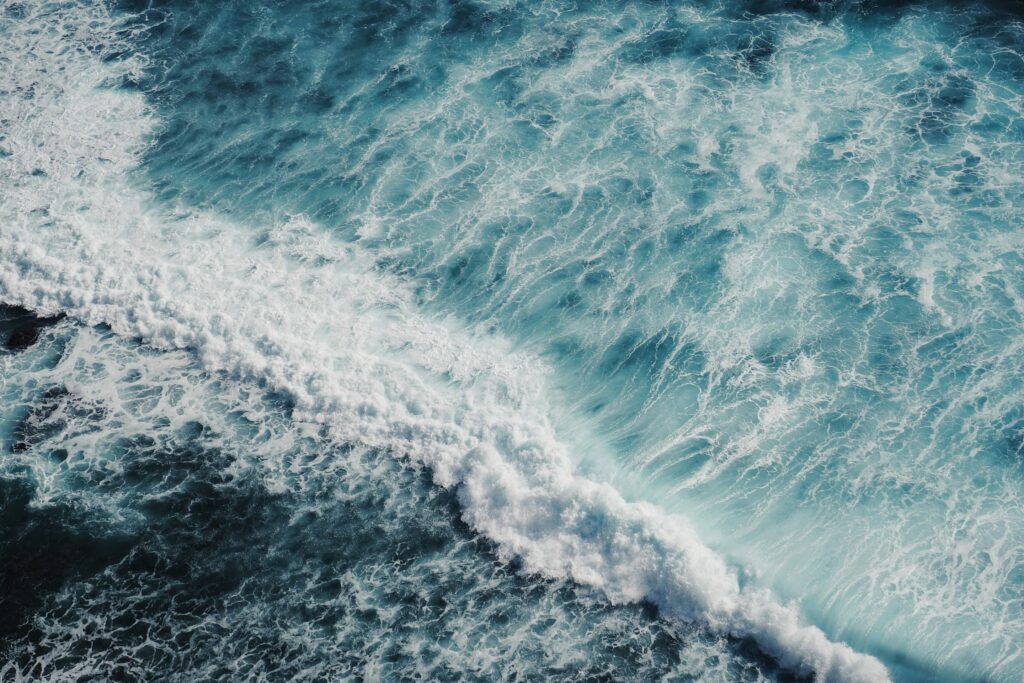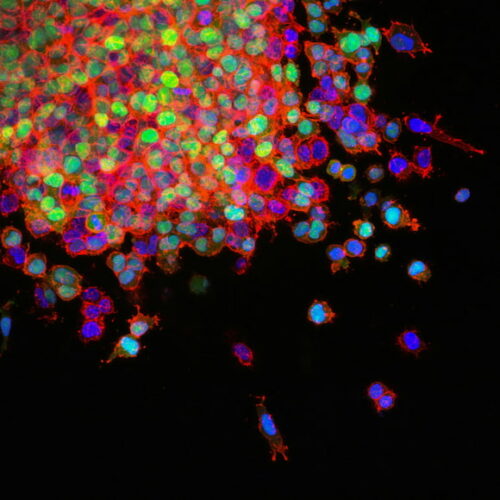
Nutritional Diseases Ocean / Marine Degradation
A global assessment of the vulnerability of shellfish aquaculture to climate change and ocean acidification. Ecology and Evolution.
• Research & Reports
WHAT IS PLANETARY HEALTH?
The oceans are a bellwether for Planetary Health: confronting the degradation of these ecosystems is vital to the continuation of countless species and ensuring human health.
Ocean and marine degradation has wide-ranging consequences: petroleum-based pollutants reduce photosynthesis in microorganisms that generate oxygen; ocean acidification (driven by increased absorption of carbon dioxide) destroys coral reefs and threatens organisms vital to the marine food web; and plastics directly harm larger marine life such as mammals, fish, and birds. Each vector of degradation leads to higher absorption of pollutants by marine life that humans consume, or inhale if aerosolized. Methylmercury, Polychlorinated Biphenyls (PCBs), and Harmful Algal Blooms (HABs) become more prevalent as temperatures rise and inhibit adequate dispersal into the ecosystem. These toxins, in turn, threaten human health and are linked to neurological impairment, fertility loss, and respiratory disease.
Anthropogenic emissions are warming our oceans at a dangerous rate. The resulting rising temperatures drive glacial melting, rising sea levels, more frequent and extreme weather events, ocean acidification, ocean deoxygenation, and changes in marine biodiversity. In turn, ecosystem services such as global temperature regulation, carbon dioxide sequestration, food security, and coastal buffers are reduced and less able to support human health. Warming water temperatures also increase pathogenic marine bacteria in humans which can lead to deep wound infections, and the spread of Vibrio infections, including Cholera.

While aquaculture (also referred to as mariculture: the cultivation of fish and other marine resources for human consumption) may provide a more sustainable food supply and attendant livelihoods for the future, it also inflicts substantial harm on marine ecosystems by increasing pollution and altering wildlife populations, including verminization of predatory species and the potential spread of parasites between cultivated and wild sea life. Humans are not exempt from the risks inherent in aquaculture: aquaculture workers are at increased risk of zoonotic infections, electrocution, and drowning, and often hail from vulnerable populations. Pathogens and bioaccumulated pollutants in marine environments, such as microplastics, are also likely to be passed to consumers.
Nutritional Diseases Ocean / Marine Degradation
• Research & Reports
Life Stage and Reproductive Health Noncommunicable Diseases
• Research & Reports
Noncommunicable Diseases Ocean / Marine Degradation
• Research & Reports
Nutritional Diseases Ocean / Marine Degradation
• Research & Reports
Life Stage and Reproductive Health Ocean / Marine Degradation
• Research & Reports


